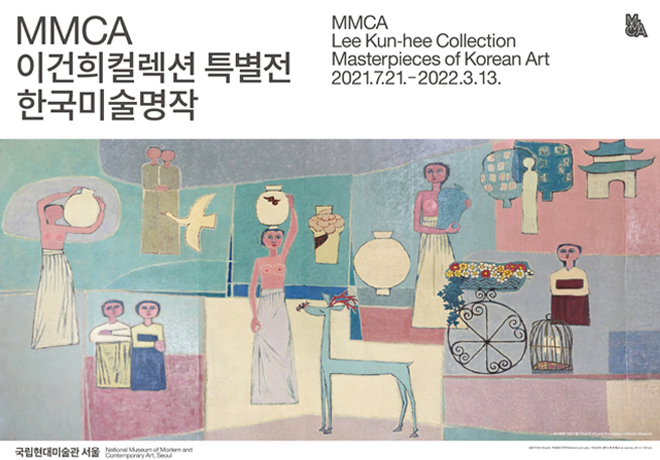The Big Sleep: Cinema and Modernism
Launched by MMCA last year, The Big Sleep is a regular film and video program combining themed lectures and screenings. Its aim is to introduce works that raised new possibilities in film arts, are of key importance in cinematic history or remain unknown in Korea, and restored masterpieces, within a context of theory, criticism and study of the humanities. This year, The Big Sleep reconsiders the relationship between modernism and film, focusing on the period from 1880 to 1930, when modernism as a cultural style began exerting influence throughout society and the arts.
This year's lecture is delivered by Laura Marcus, professor of English at Oxford University and author of a large number of works on modern literature and film in the age of modernism. In her book, The Tenth Muse: Writing about Cinema in the Modernist Period, Marcus addresses the close relationship between modernist literature and film, focusing on Virginia Woolf's 1926 essay Cinema and noting how early-20th-century critics approached issues such as the essence of film, the relationship between time and space, and the blending of technology and art. The various artistic experiments found in films produced in the modernist period reawaken questions forgotten by the cinematic arts today.
The screening program presents eight films made in 1920s Europe, home to the most radical experimentation in cinematic art, from Soviet film theory to the avant-garde, expressionism and abstract film. Germaine Dulac's The Smiling Madame Beudet, a subtle depiction of the subjective mentality of oppressed women, and Jean Epstein's The Fall of the House of Usher, portraying not a story but a situational abyss based on the theory of photogénie, are two masterpieces of French impressionist cinema. Vsevolod Pudovkin's Storm over Asia, the last in a trilogy of revolutionary films, and Alecksandr Dovzhenko's Earth, a poetic-realist depiction of change and class struggle in Ukrainian agrarian society, reaffirm the greatness of Soviet cinema and its development of montage theory. Pioneering Dutch filmmaker Joris Ivens and Mannus Franken's Rain and Berlin: Symphony of a Great City, created by German director Walter Ruttmann, a key figure in the development of avant-garde abstract film, use poetic urban mosaics to offer glimpses of their respective contemporary customs and cultures. Robert Wienne's The Cabinet of Dr. Caligari, the first and one of the most important works in German expressionist cinema, is screened to the accompaniment of a live free jazz score, while the 2006 restored version of Borderline, the work of the Pool Group, formed in 1927 by Kenneth Macpherson, Bryher and Hildo Doolittle, receives its Korean premiere.
